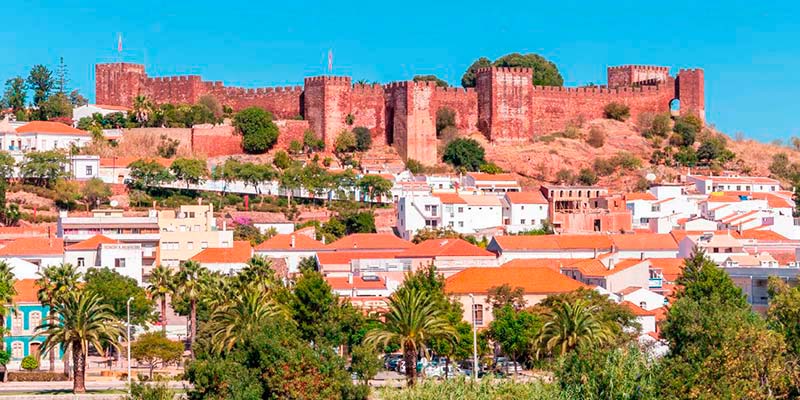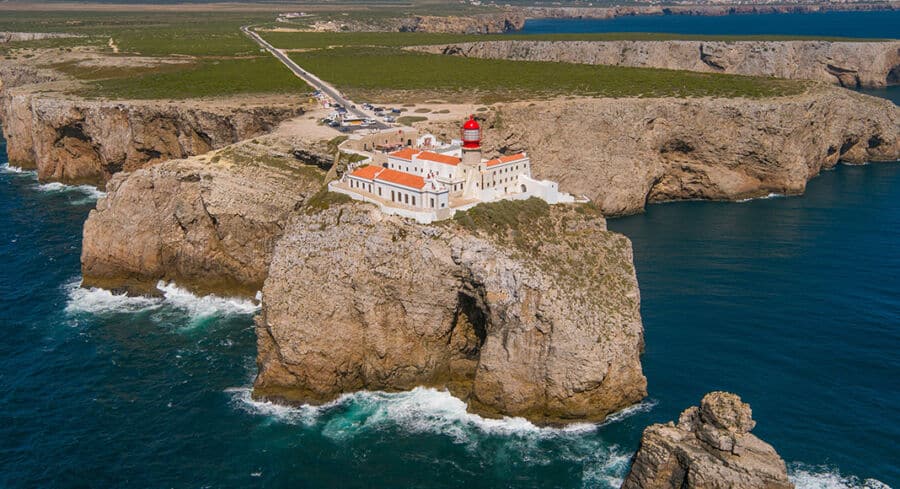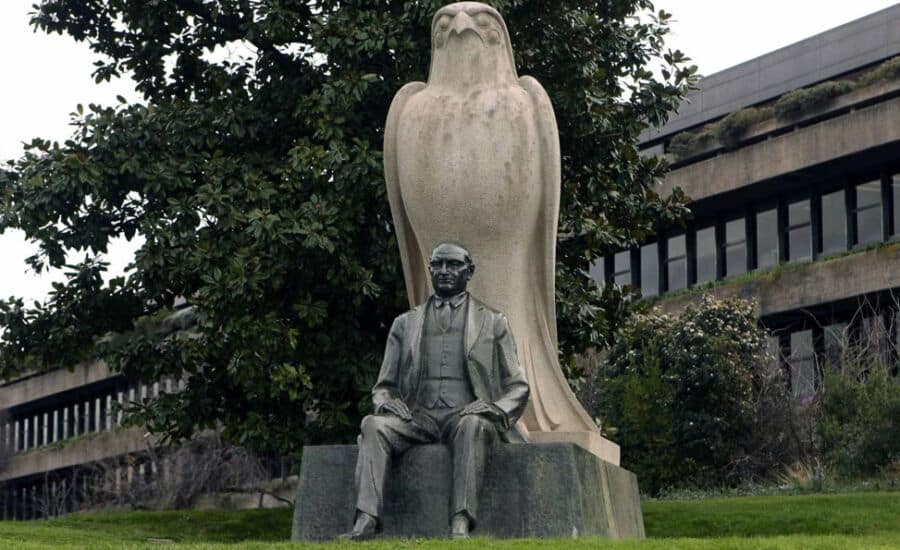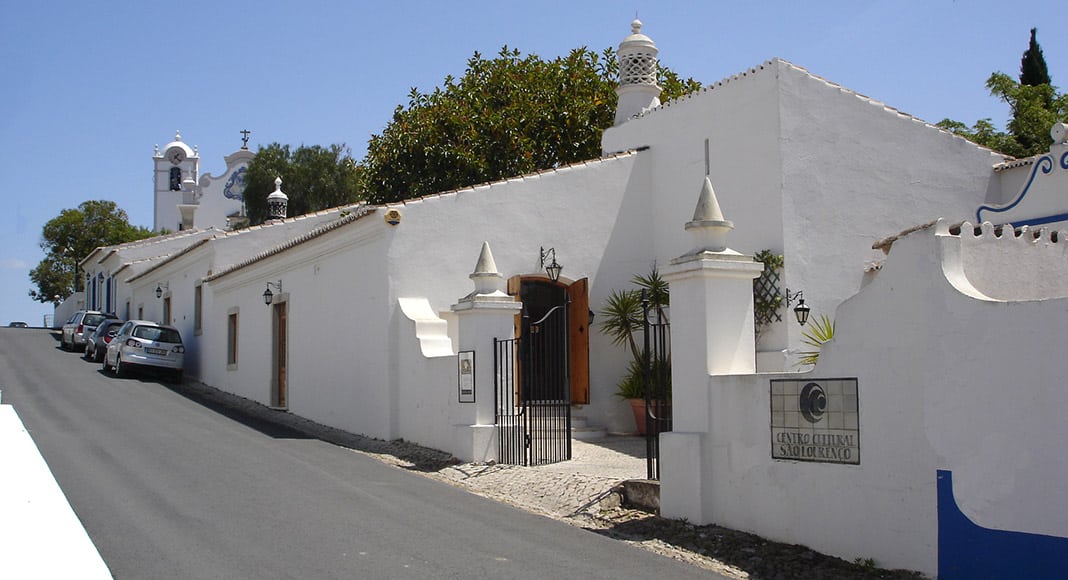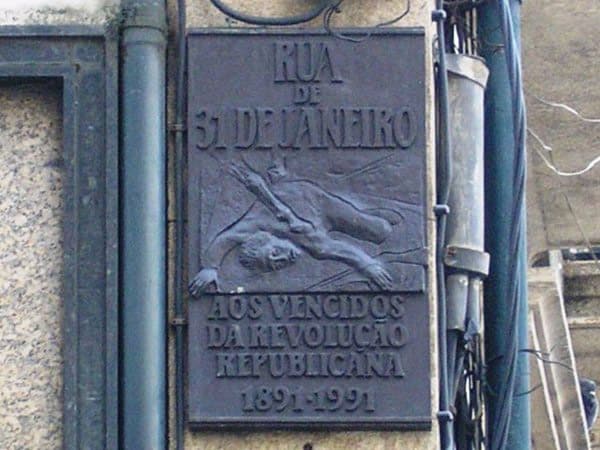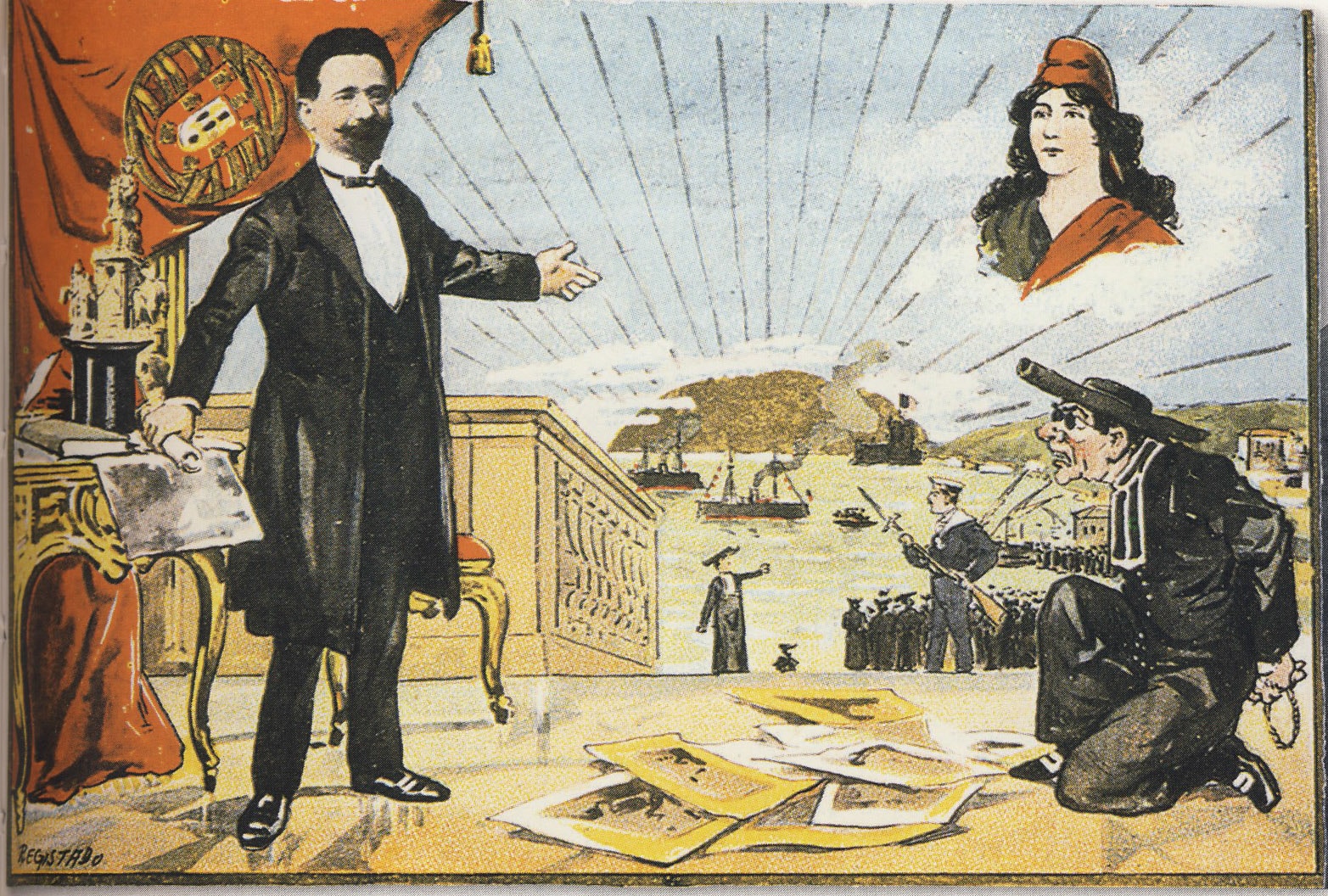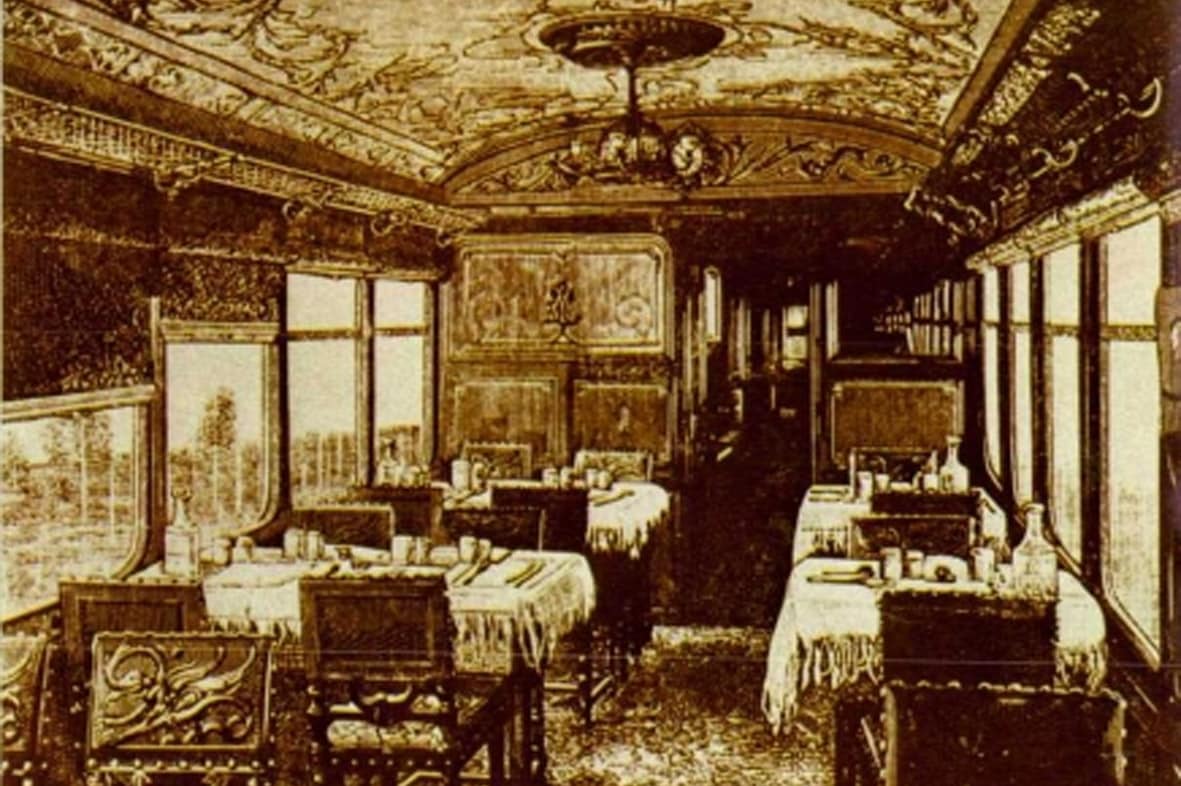Silves Castle named one of 10 most beautiful in Portugal
Silves Castle has been named one of the 10 most beautiful in Portugal by Civitatis, a company offering online bookings of guided tours, excursions and other tourist activities. “It is
The Myth of Sagres
The myth that surrounds the site of Sagres would be amusing if it were not so outlandish. Tourist brochures, superficial writings on the Algarve, even the United States Power Squadrons
General António Sebastião Ribeiro de Spínola (1910-1996)
Of the 19 individuals who have occupied the office of President of Portugal, only two have served for less time than General Spínola. He was in office for only four-and-a-half
Calouste Gulbenkian Foundation, Lisbon
Calouste Gulbenkian’s nationality was originally Ottoman. He became British in 1902 and lived most of his life in France, so why is his Foundation in Lisbon? When war broke out
Gulbenkian’s road to riches
One of the guiding principles in Gulbenkian’s life was that no one power should have a dominant interest in oil production. When he founded Turkish Petroleum Company (later Iraq Petroleum
The story of the Amigos de Música
This year marks the 30th anniversary of this Circle of Music Friends and it well deserves to be celebrated. This non-profit, private members’ organisation was incorporated in March 1991 as
Rua de 31 de Janeiro: the story behind the street name
When we first visited Portugal, I was intrigued that some of the streets were named after calendar dates. As Northern Europeans, we were unfamiliar with this way of topographical naming
How does a nation extract itself from an unwanted union?
On May 23, 1618 in Prague, the chief Protestants of Bohemia threw out of the window three Catholic regents of the Holy Roman Emperor. And on December 1, 1640, The
Why is October 5 a national holiday?
The Portuguese First Republic lasted for less than 16 years before it was replaced by a military dictatorship on May 28, 1926. These 16 years were characterised by political upheaval,
D Carlos I and the Sud-Express
In the late 19th century, rail travel was the only means for travelling quickly around Europe, since there were no aeroplanes and few cars. The Portuguese monarch who travelled most

